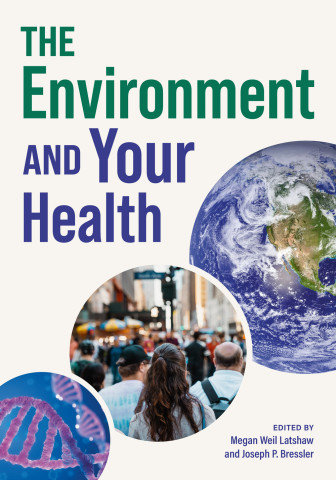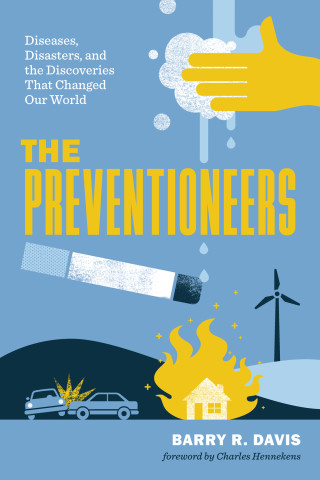
Reviews
Many of the case studies are powerful and hopeful.
The strength of the book is the authors' and editors' insistence on 'evidence-based approaches' to abuse and harm. They explain why acquiring reliable evidence about the effects on health of abuses of human rights requires changing principles and methods that researchers in industrial countries take for granted.
The message of this book is clear... A rights-based analysis of our public health policies is a requirement of the times in which we live.
The book is well constructed and provides insights into how to approach public health programs in unique situations where human rights violations constrain public health workers' ability to assist populations at risk... The examples in this book provide a set of tools to consider when we find ourselves in unique situations.
A good resource for students. It is a quick and interesting read.
This engaging and important book is likely to interest a broad range of readers.
Valuable and enlightening... Mental health specialists will find here much to reflect about.
A good addition to the burgeoning literature on global health, and I would recommend it strongly to practitioners.
The individual case studies are fascinating, and provide insight into the challenges of working in oppressive and dangerous environments.
Well researched and timely, and cites well-documented evidence.
A necessary and timely contribution for the public health and for the human rights audience. It can be the 'bible' of approaching the most vulnerable of our world's population, including those affected by HIV/AIDS, genocide, intravenous drug use, trafficking, and gender-specific abuse.
This book is a real contribution for those working to bring health and dignity to communities in need. We have long understood that the violation of the human rights of the poor and marginalized had grave implications for their health and well-being. Now we have a tool kit for investigating those relationships and, more importantly, for doing something about them to improve both human health and human rights.
Book Details
Foreword, by Leonard S. Rubenstein
Preface
Contributors
List of Acronyms
Introduction: Human Rights and the Health of Populations
Part I: Cases and Contexts
1. Health and Human Rights in the Midst of a Drug
Foreword, by Leonard S. Rubenstein
Preface
Contributors
List of Acronyms
Introduction: Human Rights and the Health of Populations
Part I: Cases and Contexts
1. Health and Human Rights in the Midst of a Drug War: The Thai Drug Uses' Network
2. The Impact of Human Rights Violations on Health among Internally Displaced Persons in Conflict Zones: Burma
3. Consequances of a Stalled Response: Iatrogenic Epidemic among Blood Donors in Central China
4. Women's Health and Women's Rights: Selling Sex in Moscow
5. Reducing Harm in Prisons: Lessons from the United States and Worldwide
Part II: Methods
6. using Molecular Tools to Track Epidemics and Investigate Human Rights and Disease Interactions
7. Documenting the Effects of Trafficking in Women
8. Documenting Sexual Violence among Internally Displaced Women: Sierra Leone
9. The Crime of Genocide: Darfur
10. Public Health Research in a Human Rights Crisis: The Effects of the Thai "War on Drugs"
11. Maps in the Sand: Investigating Health and Human Rights in Afghanistan and Darfur
12. Civil Conflict and Health Infromation: The Democratis Republic of Congo
Part III: Policy
13. From Human Rights Principles to Public Health Practice: HIV/AIDS Policy in Brazil
14. Seeing Double: Mapping Contradictions in HIV Prevention and Illicit Drug Policy Worldwide
15. Human Rights and Public Health Ethics: Responding to the Global HIV/AIDS pandemic
16. Gender and Sexual Health Rights: Burma
17. Advocacy Strategies for Affording the Right to Health
Index






